Click below to view the video
What were the attributes of the pre-Islamic Gods and did this have an impact on the attributes of God that Muhammad preached?
Transcript
Video #13 *This is a general transcript of a Dan Gibson video in the series: Archeology and Islam.*
Hello, and welcome to another video in the series Archeology and Islam. My name is Dan Gibson and in this video we are going to investigate pre-Islamic gods and how they impacted the rise of Islam in Arabia. In our previous video we looked at a number of pre-Islamic gods that were worshiped in Petra, and also these are mention in the early source, Islamic sources. You see, Islam arose out of paganism and polytheism. And so, I believe that once we understand how the pagans viewed their gods, it will help us understand Islam in a new light. Now before we get started on this, I would like to put things into context.
When I was a young seventeen year old in college, I took a class on the ancient Greek language. That teacher became one of my favorite teachers. And he also taught a class on theology, which I also took. That theology class was pivotal in shaping my understanding about of how God could be understood. In that class they talked about the characteristics of God or the attributes of God.
I learned a lot in the class, especially about how we think and view things. Ever since then I have been aware that people everywhere understand God differently. They do this, because they assign different attributes to God.
A few years later I was living in the Middle East with my new bride, and we were adopted into a Muslim family. It was then that I decided I wanted to understand Islam through the eyes of a normal Muslim family. Not the textbook stuff, but the everyday stuff that Muslims believe and practice.
It was then that I discovered that they saw God through different eyes. I understood Christianity through the attributes that I had studied.
But they understood God through a different set of attributes. But it wasn’t until I began to study the gods of Pre-Islamic Arabia that I began to put things together, and I began to understand that these attributes… where did they come from? And I began to look at how did they influence Islam?
So let’s back up, and try to understand a typical Nabataean, and his view of the gods he worshiped, through the eyes of the attributes of these gods that he worshiped.
First of all, like pagans everywhere they understood that the universe was full of unseen forces at work in the universe around them. They attributed these forces to various gods. However, the Nabataeans were typically merchants who moved their goods around Arabia. In their minds, different gods were found in different regions. There was a god Bosra. They overlapped their area but there were different gods in Gaia near Petra. And so forth. So these gods were around.

Crescent shapes were common symbols.
For instance, al-Alat, was represented by a crescent shape usually thought to be the moom. She draws our attention to celestial things; things in the stars.
Dushara on the other hand, was the god of mountains, drawing our attention to the solid, rock. If this god was angry, the earth would shake. If Alat was angry the cosmos, something in the stars or in the sky or in the weather would affect them in some way.
Some of these gods had multiple names, or attributes that were actually attached to them. Dushara could be called Hubal in one place, and Baal Shamin in other. At the very same time, people could refer to him as Rahman the merciful. He was known as Hanun the compassionate. People also used the title: Blessed-be-his-name-forever.
Another god was al-‘Uzza, the mighty. This god was associated with fertility. This included the spring time, the birth of animals, and human sexuality.
al-Manat, another god was the god of Fate. Fate was in control of everything around us.
Al-Kutbe was the god of writing, sacred to merchants.
And Al-Qawm was the god of protection and the god of war; sacred also to caravan merchants who trusted this god for the protection of their caravans. These gods were not just sacred. They were precious.
So when the prophet Muhammad started preaching, the polytheists were very upset. They felt attached to their gods. Their gods had helped them in the past and they were not about to give them up. These were not only their gods, but they gave meaning to their life and structure to their everyday life.
Now let’s do an interesting project. Let’s compare the attributes of Allah, as understood in Islam with the attributes of the pre-Islamic Gods.
I think this will help explain why there is such a huge difference between Islam and Christianity, and also Judaism. You see, Christianity and Judaism understand the attributes of God, taken from the writings of the prophets.
If you sit down Jewish Rabbis and Christian theologians in the same room and have them discuss the attributes of God, you will find that there are some similarities, but when they get, they will start drawing from the Old Testament they will agree on these because the Jewish and the Christian roots go back to those prophets and those writings.
But when Muslims and Christians sit down, the attributes of God often become a problem. Some years ago it was popular to have interfaith discussions.
I remember taking a group of students to a mosque and we were doing these, ah, these dialogues and discussing how we saw things. And there was some attempt to demonstrate how close Christianity and Islam really were. This was mostly driven by the Muslim side of the room. But when we came to the attributes of God that is where we disagreed. There were huge disagreements.
And now, years later as I study pre-Islamic gods, things start to come into place.
First of all, Dushara, or Hubal or Baal Shamin is described as the Lord of the worlds. He is the creator of mankind. He is called Rahman the merciful. Hanun the compassionate. Generous and rewarding. All of these concepts and names have come from polytheism, from Pre-Islamic Arabia into Islam.
When Muhammad described God, Allah, to the polytheists, he used terms that were familiar to them. He was doing cross-cultural communication. And so he used their terms and he described God using some of the traits of Hubal. Now I am not saying, and he didn’t say that they are the same thing. That is not what we are saying here. But he is using terms to help them understand who Alllah is.
What about Alat? Alat was a military god, and a moon god. And these concepts found their way into Islam. Muhammad used and accepted the crescent moon symbol. He also encouraged the followers of Allah to fight for their faith. Military action was seen as part of the worship of God, and that is true in Islam; true back then in Alaat.
What about El-‘Uzza - the mighty? Well, she was not only a military goddess, but she was also a fertility goddess. The Romans recognized her as one of their gods, Aphrodite, and others recognized her as the goddess Asherah, who was worshiped in the asherah groves with trees around her. There would be a tree, most likely a Lote tree, and they would decorate it, and they would have the fertility goddess who was there. And you find that in Hittite writing and Ugaritic writing and so forth. In Islam, a Lote tree, or Sidrat al-Muntaha in Arabic, marks the end of the seventh heaven, and the boundary between where man is and where God is; nobody can go beyond.

A Lot Tree
You see, Muhammad uses the symbolism that the worshipers of El-Uzza could understand. A Lote tree, used in the worship of El-Uzza marks the separation in Islam in Paradise between where God lives and where mankind dwells. No one can pass it.
Imagine the smile on the faces of those who venerate the Al Uzza when the prophet mentions a Lote tree in paradise.
Do you see how different characteristics of the different gods are incorporated into Islamic thought?
What about the Goddess Al Manaat, the goddess of fate? This is one of the things that I found most frustrating when I was in the Muslim world: this concept of fate. Things are, they are written down. They are fixed. I saw two men carrying a large glass window to be installed. The guy at the back wasn’t paying a lot of attention and he dropped the window and it smashed. The only excuse given was: “It is written.” And they went back for another window.
Something inside of me said: No, you are responsible for not being careful, but everyone there accepted that God had willed the breaking of the window. It was fate. Friends, I can see the influence of Manat.
Additionally, the followers of Manat used to go on pilgrimage to the Ka’ba. We are told that. And we are told that there, in front of the idol Manat, which was beside Hubal, that’s where they would shave their heads, at the end of the pilgrimage. What do we find today? Pilgrims on the Hajj all shave their heads.
And so the idea of fate, and the practice of shaving the head in Hajj all began way back in the Lihyanite desert with Al-Manat, and it made its way into Islam.
Next we come to El-Kutbe - the God of writing. This attribute often puzzles Christians. What is so special about writing? But in Islam, writing is very important. They believe that God not only send prophets, but that he sent books. Each prophet brought a book, or a multiple of books. God communicates in writing to the world. Those who follow the god Kutbe would have been very pleased with this attribute of God. Allah is especially interested in books.
Next is El-Qawm or the God of war, or protection. Again, this enforced the idea of fighting for your religion. It enforced the idea of protecting your family, and the honor of your family, and the honor of the prophets. These are concepts that Christians struggle to understand, but are found in Islam, and made their way there from al-Qawm. Additionally, al-Qawm refusing to drink wine, and the followers of al-Qawm did not drink alcohol. And this also passed into Islam.
Now, what am I saying? As a Christian who has studied Islam, in great detail, and who has also gone back and studied the history of Arabia before Islam, I recognize that the attributes of God are seen differently. Christians see God differently than Muslims. This is one of the greatest differences between the two religions.
The gap is so wide, and so different, that many Christians believe God and Allah are two different things. Now I do not believe that there are two gods.
I am adamant that there is only one God, and both religions are monotheist, so they are not saying they worship different gods. But I am saying is that Islam and Christians see God very differently; very differently.
I do not know all the answers, but when I view the gods of Pre-Islamic Arabia I seem to see that many things from the pagans were adopted into Islam. That is what it looks like to me.
When I study Christian history, I see that many things from the lives of the previous prophets who are adopted into Christianity. Christians spend a great deal of time studying the writings of the prophets. If you want to study this out, I urge you to find a copy of the Bible. It is available in different languages, both online and in bookstores, and read the Old Testament. As you read it, try to discern, are the characteristics and attributes of God in the Bible the same as the characteristics and attributes of the God in the Qur’an?
Read the New Testament. Ask yourself this question. Are the attributes and characteristics of God in the Bible the same as the characteristics and the attributes of God in the Qur’an? This is an area I think, we can all learn more from. Write me. If you find something interesting, write me. I’d be glad to hear from you. I am learning about this as I go along.
I am Dan Gibson, and this has been another video in the series Archeology and Islam.
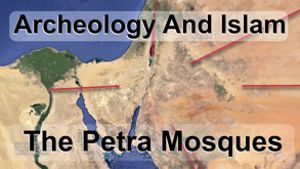
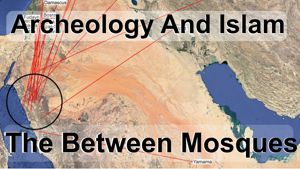
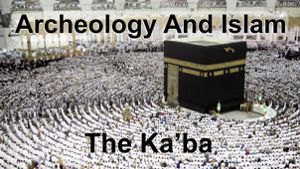
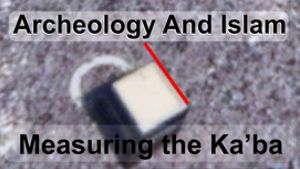
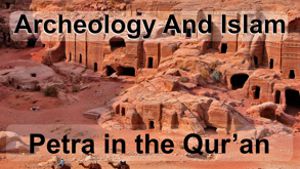
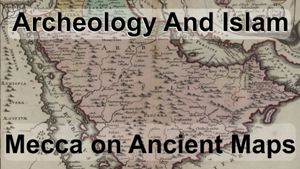
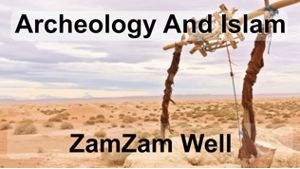
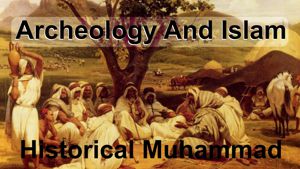
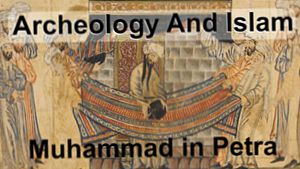
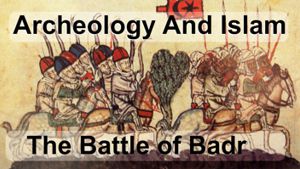
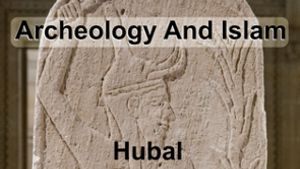
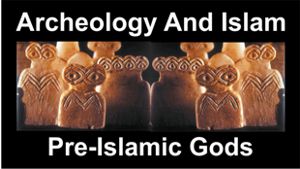
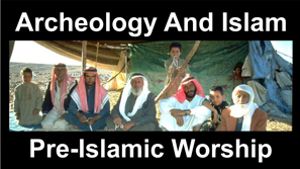
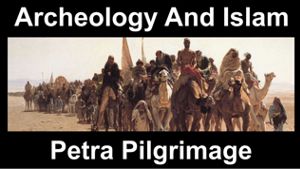
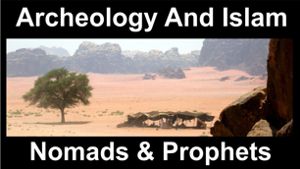
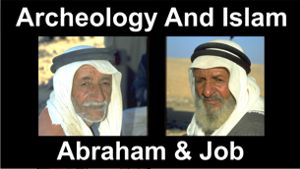
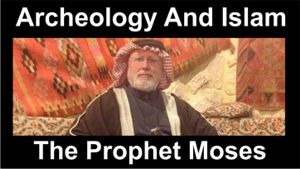
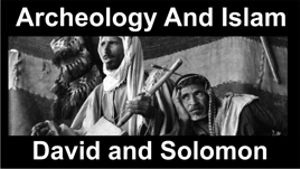
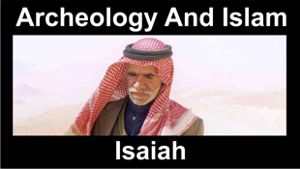
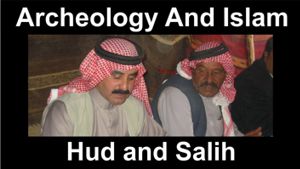
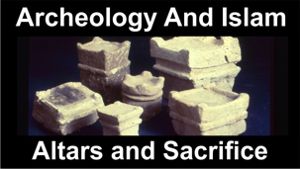
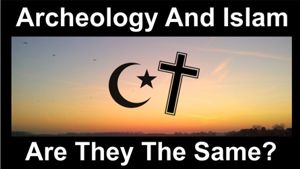
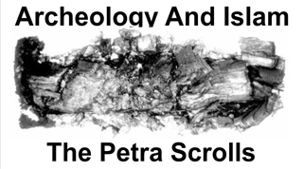
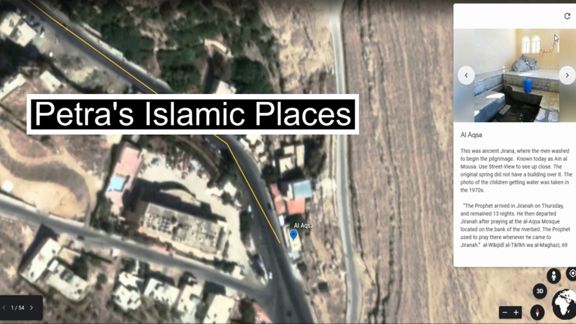
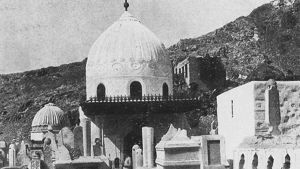
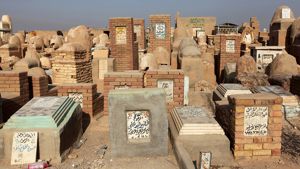
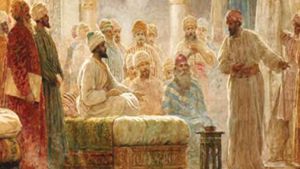
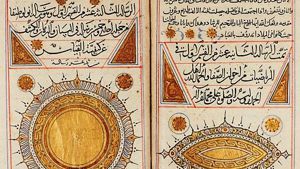
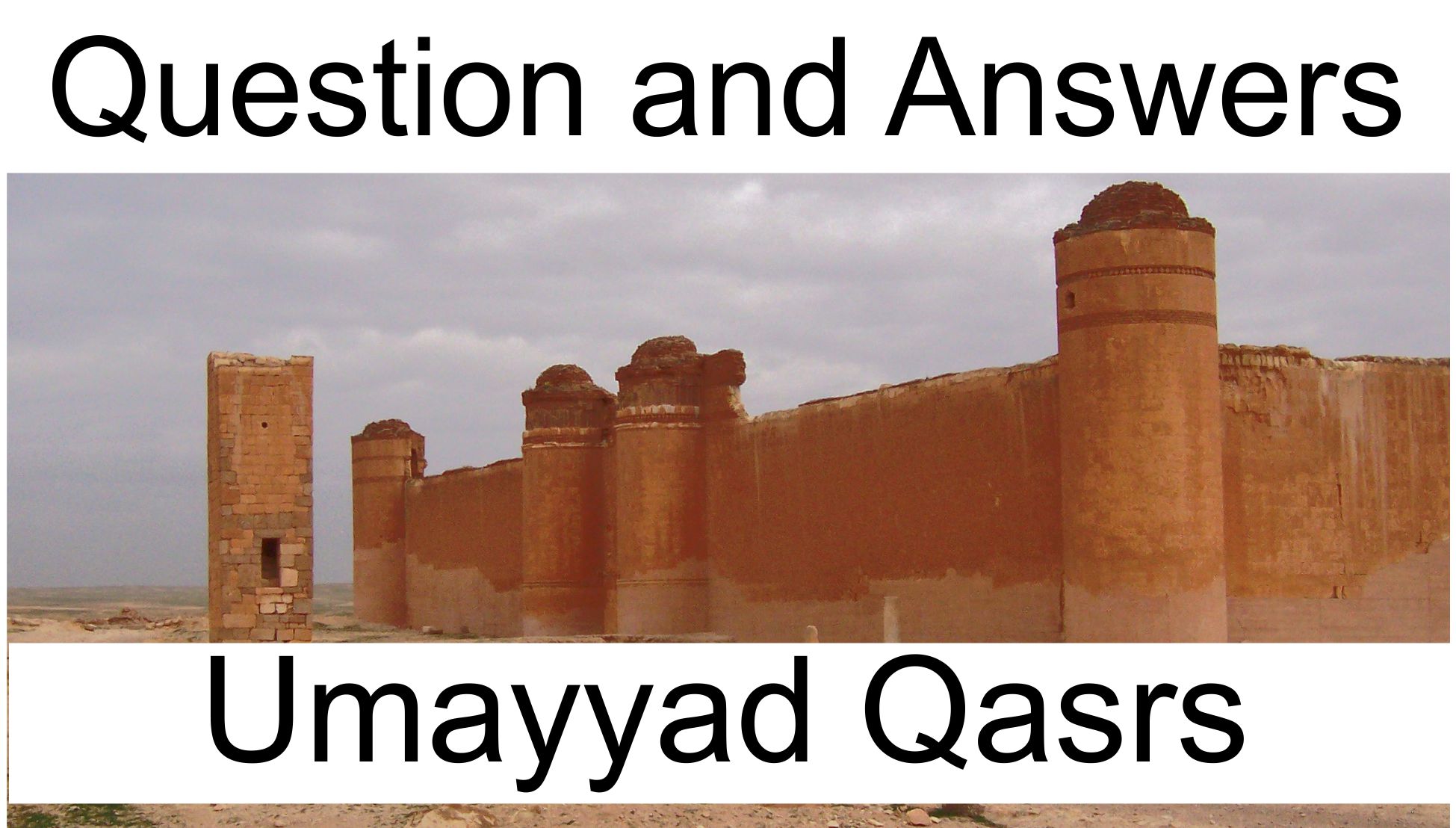
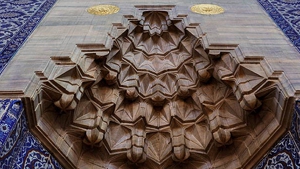
Page Discussion
Membership is required to comment. Membership is free of charge and available to everyone over the age of 16. Just click SignUp, or make a comment below. You will need a user name and a password. The system will automatically send a code to your email address. It should arrive in a few minutes. Enter the code, and you are finished.
Members who post adverts or use inappropriate language or make disrespectful comments will have their membership removed and be barred from the site. By becoming a member you agree to our Terms of Use and our Privacy, Cookies & Ad Policies. Remember that we will never, under any circumstances, sell or give your email address or private information to anyone unless required by law. Please keep your comments on topic. Thanks!